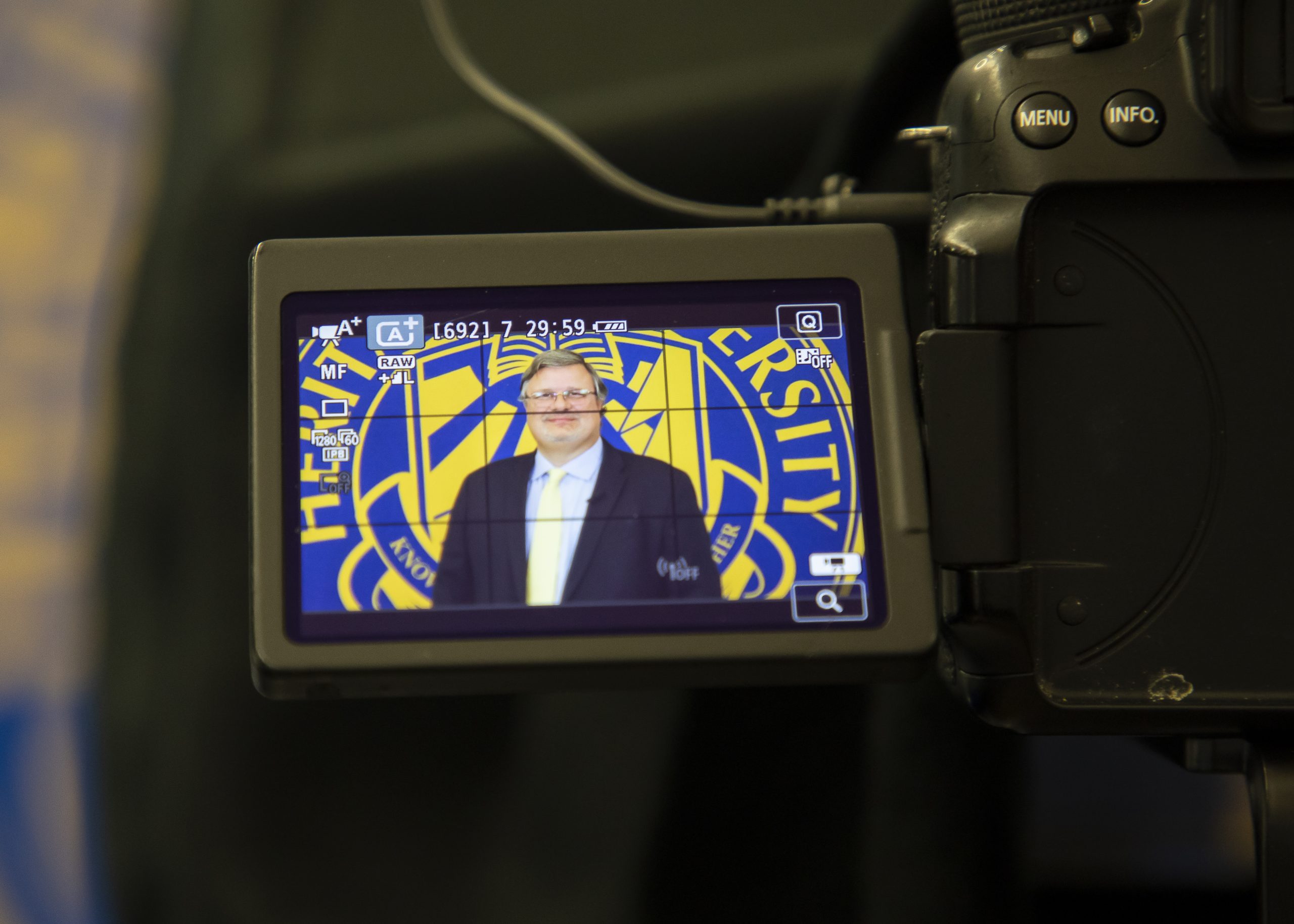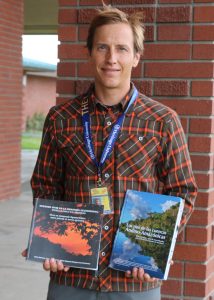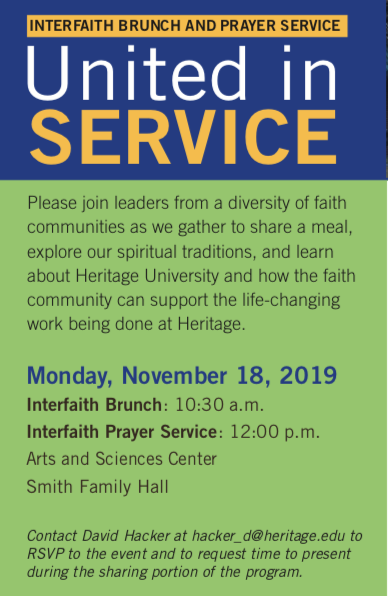| Marisa Abarca-Perez, Kennewick |
Brisel Acuna, Yakima |
Gissell Aguilar, Sunnyside |
| Paulina Alcala, Yakima |
Deyci Alejandre, Toppenish |
Maritza Alvarez, Sunnyside |
| Yessyca Alvarez, Grandview |
Yanett Alvarez, Yakima |
Carmela Andrade, Mattawa |
| Eilee Andujo, Prosser |
Ana Aparicio, Yakima |
Adrian Araiza, Yakima |
| Rosalinda Arreola, Toppenish |
Hema Balderas, Wapato |
Yosi Barajas, Yakima |
| Michelle Barba, Union Gap |
Anjuli Barragan, Toppenish |
Maria Barrios, Union Gap |
| Grace Bennett, Kennewick |
Sulem Bernal, Sunnyside |
Alyson Blair, Kennewick |
| Jeanne Blakeman, Pasco |
Abigail Bravo, Sunnyside |
Chandler Brimley, Kennewick |
| Alyssa Buck, Mattawa |
Jesus Buenrostro, Yakima |
Ruben Bustamante, Toppenish |
| Daisy Bustamante Orduno, Granger |
Roma Cantu, Toppenish |
Jennifer Cantu, Prosser |
| Brooke Capetillo, Toppenish |
Jenny Careaga, West Richland |
Juan Castaneda, Toppenish |
| Marlene Castillo, Yakima |
Leslie Castillo, Sunnyside |
Andrea Ceja, Toppenish |
| Jocelyn Celis Torres, Wapato |
Kevin Cervantes, Pasco |
Jesus Cervantes Valencia, Yakima |
| Diana Chavez Cerda, Yakima |
Maria Ciriaco, Toppenish |
Noemi Cisneros, Wapato |
| Isaiah Cisneros, Toppenish |
Ana Cisneros Chavez, Sunnyside |
Karina Colin, Sunnyside |
| Yuliana Colin-Flores, Pasco |
Madison Contreras, Pasco |
Melissa Correa, Pasco |
| Esmeralda Correa, Pasco |
Guadalupe Cortes, Wapato |
Almarosa Cortez, Wapato |
| Estefani Cruz, Wapato |
Vanessa Cruz, Pasco |
Alondra Cruz-Valladares, Yakima |
| Ashley Davis, Naches |
Xavier Day, Toppenish |
Connie Delacruz, Yakima |
| Esperanza Delgado, Toppenish |
Katherine Di Biase, Kennewick |
Keila Diaz, Granger |
| Irvin Diaz Tapia, Yakima |
Ginger Dingus, Kennewick |
Chestina Dominguez, Toppenish |
| Amanda Donelson, Kennewick |
Ashley Douglas, Yakima |
Kaylee Drummond, Richland |
| McKenzie Durand, Yakima |
Taylor Ebbelaar, Grandview |
Amanda Epler-Alegria, Kennewick |
| Jocelyne Espinoza, Yakima |
Kaulin Everham, Kennewick |
Sandra Feria, Grandview |
| Krisana Fernandez, Sunnyside |
Artemio Flores, Toppenish |
Erick Flores, Toppenish |
| Julia Flores, Toppenish |
Zahira Flores Gaona, Yakima |
Luis Garcia, Outlook |
| Evelyn Garcia, Wapato |
Leticia Garcia, Granger |
Esmeralda Garcia, Wapato |
| Jose Garcia, Wapato |
Jacqueline Garcia-Hernandez, Outlook |
Marlenne Garibay, Sunnyside |
| Dorothy Garwood, Prosser |
Anahi Garza, Richland |
Rigoberto Garza, West Richland |
| Enedeo Garza-Ramirez, Toppenish |
Samantha Gilmore, Yakima |
Irwin Godinez-Cruz, Toppenish |
| Lesly Gomez, Yakima |
Tania Gomez, Pasco |
Carmen Gonzales, Toppenish |
| Anayeli Gonzalez, Othello |
Zoe Gonzalez, Prosser |
Mariah Gonzalez, Toppenish |
| Noe Gonzalez, Toppenish |
Sandra Gonzalez, Kennewick |
Heather Gooss, Yakima |
| Kamimsa Goudy, Toppenish |
Jason Grajales, Brownstown |
Heidy Granados Lopez, Kennewick |
| Steven Greenwald, Richland |
Anna Griffith, Kennewick |
Shelby Groth, Selah |
| Sonia Guerrero, Toppenish |
Yazmine Guido, Yakima |
Kaylyn Gunnier, Zillah |
| Alexis Guzman, Pasco |
Martha Guzman, Yakima |
Yuli Guzman, Yakima |
| Anayeli Hermoso-Sedano, Yakima |
Stephanie Hernandez, Wapato |
Lizbeth Hernandez Islas, Yakima |
| Maira Hernandez-Gonzalez, Sunnyside |
Paola Herrera, Kennewick |
Ruby Herrera, Sunnyside |
| Bethany Herring, Kennewick |
Pete Herron, Yakima |
Tracie Hicks, Kennewick |
| Christina Holland, Kennewick |
Samantha Horvath, Kennewick |
Nansi Iniguez, Zillah |
| Guadalupe Iniguez, Zillah |
Kaneeta Jeffery- Zack, Zillah |
Leonila Jimenez, Toppenish |
| Zuzeth Jimenez, Toppenish |
Samanta Jimenez, Pasco |
Irene Jimenez, Toppenish |
| David Juarez, Yakima |
Kathleen Kasper, Richland |
Ekman Kaur, Kennewick |
| Wendy Kleppin, West Richland |
Viktoriia Konko, Kennewick |
Valentyn Konko, Kennewick |
| Julia Korotkov, Richland |
Maria Lechuga, Wapato |
Shiraz Lefeber, Pasco |
| Ilse Leyva Manzanarez, Yakima |
Yovana Leyva-Carmona, Wapato |
Andres Lima Elias, Othello |
| Mark Litka, Richland |
Elvira Lopez, Toppenish |
Yezie Lopez-Perez, Yakima |
| Kassandra Luna, Union Gap |
Daisy Luna, Wapato |
Jennifer Macias, Toppenish |
| Yareli Madrigal Luna, Pasco |
Herminia Magdaleno, Yakima |
Yaritza Maravilla, Toppenish |
| Elisa Mariscal, Toppenish |
Natalie Martinez, Sunnyside |
Alondra Martinez, Wapato |
| Dulce Martinez, Sunnyside |
Daisy Martinez, Wapato |
Andrea Martinez-Santiago, Toppenish |
| MaKayla Mathews, Richland |
Christina Mattson, Richland |
Stephanie Maybee, Selah |
| Judit Medina, Kennewick |
Luis Medina, Zillah |
Kailyn Mendez, Yakima |
| Debbie Mendez, Yakima |
Miguel Mendoza, Toppenish |
Andrea Mendoza, Yakima |
| Yesenia Mendoza, Mattawa |
Guadalupe Mendoza, Umatilla |
Jazmin Mendoza, Pasco |
| Stephanie Mendoza, Mabton |
Valentin Mendoza, Grandview |
Juan Mendoza Mendoza, Yakima |
| Alondra Mendoza-Gomez, Pasco |
Diana Meraz, Tieton |
Cassandra Mercado, Kennewick |
| Celine Michael, Yakima |
Priscila Montiel, Yakima |
Brenda Montoya-Roman, Yakima |
| Payton Moore, Richland |
Shamira Moore, Yakima |
Elizabeth Moreno, Yakima |
| Gabriela Moreno, Toppenish |
James Muggli, Kennewick |
Diana Najera, Union Gap |
| Susana Naranjo, Yakima |
Joselin Navarrete, Yakima |
Guadalupe Navarro, Sunnyside |
| Carrington Nevard, Richland |
Edith Noriega, Sunnyside |
David Olden, Yakima |
| Arlene Olea, Sunnyside |
Meaghan Oliver, Richland |
Elizabeth Orozco, Grandview |
| Kitzely Ortega, Pasco |
Esther Osorio Rangel, Parker |
Liliana Padilla, Grandview |
| Joaquin Padilla, Toppenish |
Miguel Palma, Yakima |
Yerim Park, Yakima |
| Marlene Paz, Kennewick |
Yolanda Penaloza, Grandview |
Ana Perez, Pasco |
| Hunter Perez, Kennewick |
Eric Philipp-Petrick, Yakima |
Allison Platsman, Sunnyside |
| Angela Ponce, Zillah |
Ruby Prieto, Grandview |
Kristina Prikhodko, Kennewick |
| Hunter Pryse, Yakima |
Dennise Quebrado, Yakima |
Maria Quezada, Grandview |
| Blanca Quiroz Marin, Prescott |
Stephanie Rabanales, Sunnyside |
Adrian Ramirez, Toppenish |
| Alexandra Ramirez, Yakima |
Elizabeth Ramirez, Toppenish |
Stephanie Ramirez, Pasco |
| Viridiana Ramirez, Pasco |
Briceida Ramos, Grandview |
Olivia Ramos Alvarez, Kennewick |
| Rosa Rangel, Connell |
Anyssa Rebollero, Yakima |
Rocio Regis, Toppenish |
| Araceli Regis, Toppenish |
Karen Reyes, White Swan |
Gloria Reyes, Granger |
| Juan Carlos Reyes Francisco, Buena |
Anitramarina Reyna, Yakima |
Makenzie Richardson, Selah |
| Viviana Rico, Pasco |
Rosa Rios, Moxee |
Morgan Roberts, Kennewick |
| Adriana Rodriguez, Kennewick |
Marisol Rodriguez, Yakima |
Lizbeth Rodriguez, Wapato |
| Cassandra Rodriguez, Grandview |
Karina Rodriguez-Escalera, Yakima |
Monica Romero Castro, Grandview |
| Leidy Rosales, Pasco |
Eva Rosenow, Kennewick |
Rosario Ruiz, Yakima |
| Milca Ruiz M, Richland |
Ella Ryadinskiy, Kennewick |
Rhonda Ryan, Richland |
| Ana Saldana-Carrillo, West Richland |
Kathleen Sanchez, Toppenish |
Jenny Sanchez, Toppenish |
| Katellin Santiago, Toppenish |
Angelita Santillan, Pasco |
Aiyh Sarama, Sunnyside |
| Danielle Sauceda, Pasco |
Robert Schreiber, Yakima |
Delia Serna, Sunnyside |
| Karly Serrano, Yakima |
Ida Shock, Toppenish |
Gabriel Sillas Ramos, Grandview |
| Yanna Slutskaya, Kennewick |
Jeniya Slutskaya, Kennewick |
April Smith, Selah |
| Jacob Snell, Kennewick |
Daniela Solis, Yakima |
Diana Solorio, Granger |
| Gerardo Soto, Toppenish |
Maria Soto-Galvan, Yakima |
Miriam Soto-Guillen, Wapato |
| Cody Stamper, Pasco |
Anothony Stewart, Yakima |
Nathan Thompson, Yakima |
| LisaLyn Tormey, Yakima |
Maribel Torres, Richland |
Yanet Torres, Zillah |
| James Torres, Grandview |
Yoana Torres, Sunnyside |
Brayan Torres Gutierrez, Sunnyside |
| Daisy Vaca, Wapato |
Maria Vaca, Yakima |
Maria Valencia, Toppenish |
| Jazmin Valencia, Yakima |
Anakaren Valenzuela, Toppenish |
Jacquelyn Vargas, Yakima |
| Maria Vargas, Sunnyside |
Brenda Vasquez, Toppenish |
Teresita Vega, Yakima |
| Angelica Vela, Yakima |
Paola Villanueva, Sunnyside |
Alejandra Villasenor, Kennewick |
| Citlaly Villegas, Wapato |
Dawn Waheneka, Wapato |
Tori Wapsheli, Toppenish |
| Whisper Weber, Yakima |
Robyn Webster, Yakima |
Morgan White, Kennewick |
| Devin Williams, Kennewick |
Sara Wilz, Pasco |
Miranda Yale, Brownstown |
| Sonja Young, Kennewick |
Amarani Zamora-Portugal, Kennewick |
|




